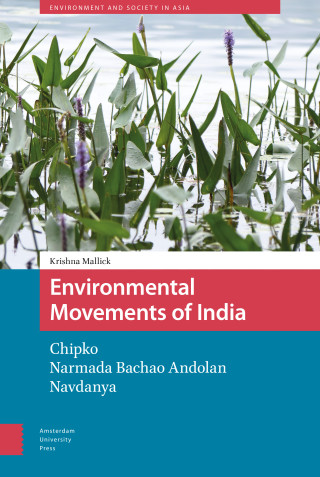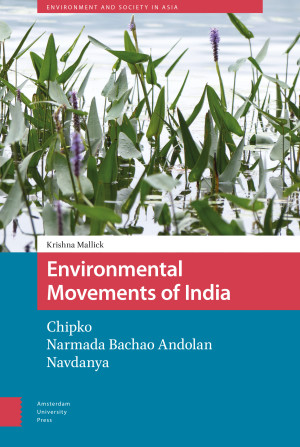"Highlighting key environmental movements and persons, including Chipko, Medha Patkar, and Vandana Shiva, Krishna Mallick examines both traditional Hindu ethics and eco-feminism, noting linkages and affinities. Excellent for courses on religions and ecology, as well as Hinduism."
- Christopher Key Chapple, Doshi Professor of Indic and Comparative Theology at Loyola Marymount University, Los Angeles
"Krishna Mallick’s book is a welcome addition to a growing list of books on Indian environmental movements inspired by Hindu and Jain traditions and the three case-studies in this book are connected with case-studies of Bishnois, Swadhyayis, and Bhils, and others."
- Pankaj Jain, Professor and Head, Indic Studies, FLAME University, Pune, India
''...it is a well researched contribution to the feld of environmental studies, religion, environmental movements of India, and others.''
- Abhinav Anand, Journal of Dharma Studies , July, 2024
"Mallick’s focus is on movements that demonstrate that poor and marginalized communities can generate the power to achieve both economic and environmental objectives. In these movements, she finds the key principles of environmental justice, intergenerational equality, and respect for nature. It is an engaging book that will stimulate rich discussion among graduate and undergraduate students."
– George Alfred James, Journal of Dharma Studies, issue 6(3), 2023.

